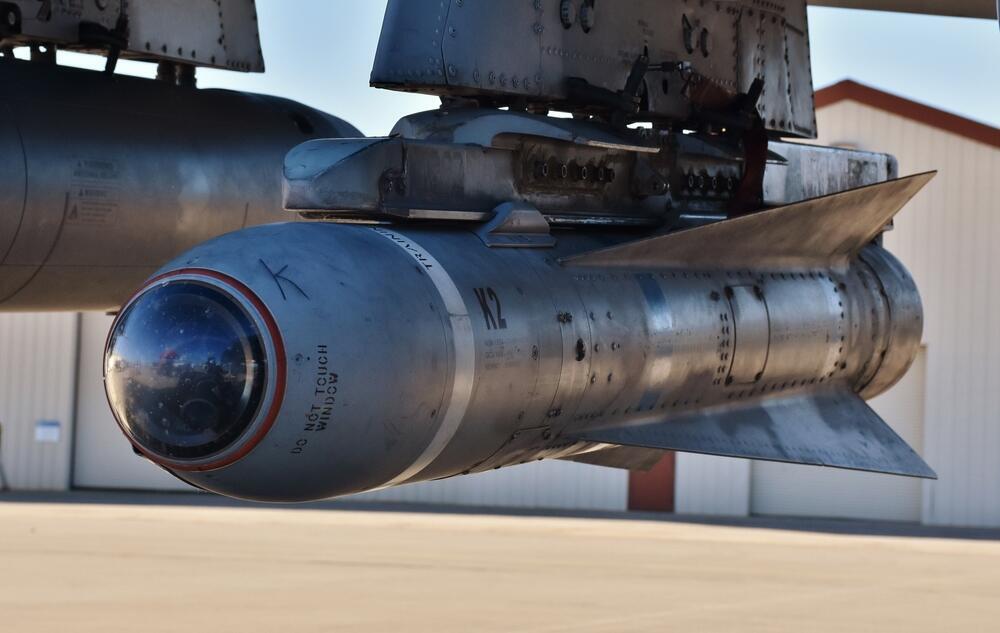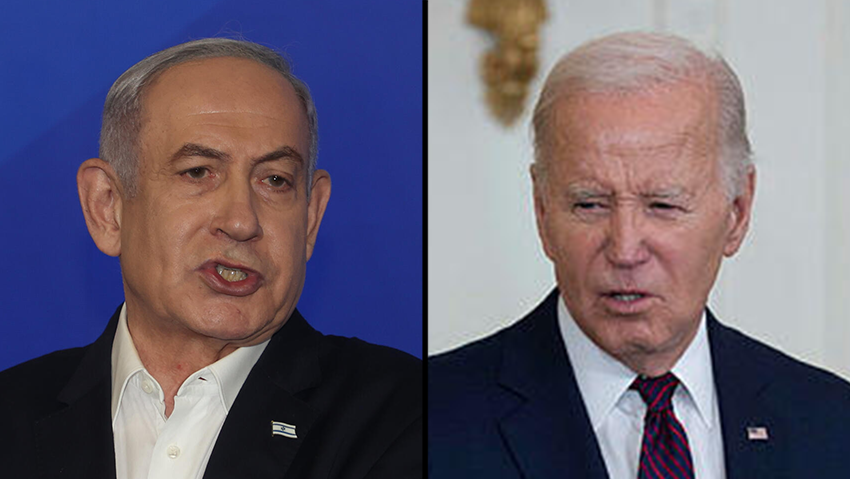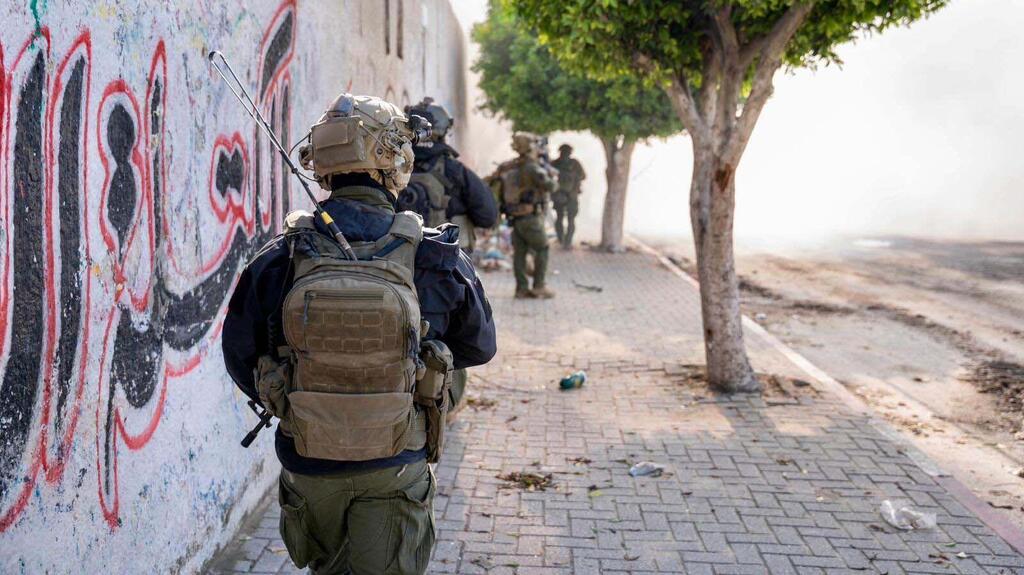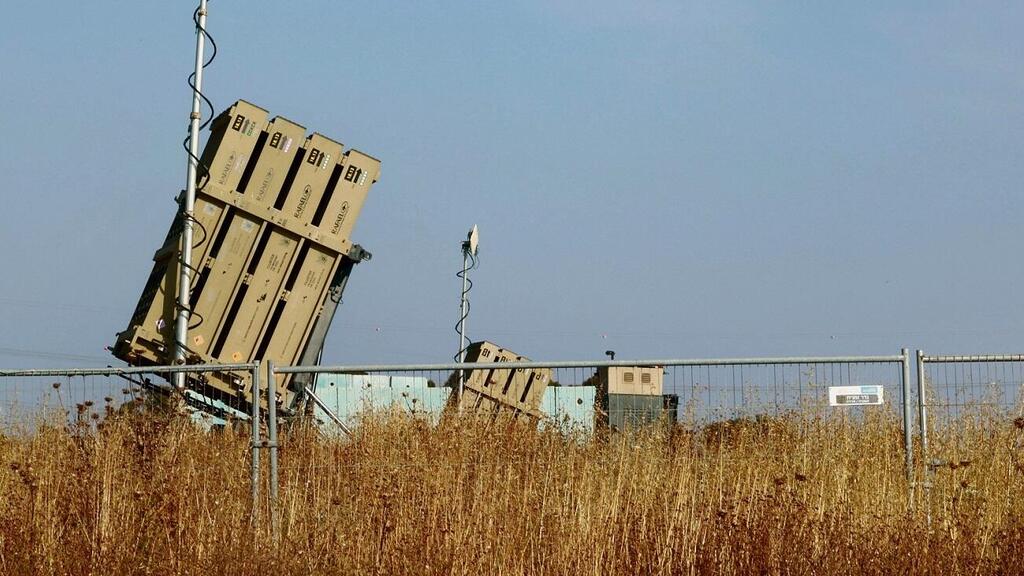Getting your Trinity Audio player ready...
Leading news outlets in the United States and around the world are revealing details on American weapons shipments delivered to Israel since October 7, alongside a warning issued by U.S. officials suggesting the United States may prohibit the use of American-made weapons in an Israeli operation in Rafah, should it take place.
More stories:
In The Washington Post, veteran columnist David Ignatius wrote Thursday that U.S. President Joe Biden’s administration is considering ways to prevent Israel from using American weapons if populated areas around Rafah are attacked. Biden and his senior advisers haven’t yet decided on the matter, but the fact that senior officials are discussing such steps demonstrates their growing concern about the humanitarian crisis in Gaza and the disagreement with Israel regarding the operation in Rafah.
Israel was surprised at the report. However, American officials have been clarifying for weeks that they won’t support an operation in Rafah without a clear plan for evacuating its civilian population.
Washington's frustration with the continuation of the war is evident, hence the immense pressure for a cease-fire and a hostage release deal. In any case, a ground operation in Rafah isn’t expected to happen anytime soon, so the report seems more like a statement for internal public relations purposes in the U.S. to show the Biden administration is no longer issuing Israel blank checks.
U.S. Vice President Kamala Harris and National Security Adviser Jake Sullivan asked tough questions about the Rafah operation plan in their discussions with Israel’s War Cabinet member Minister Benny Gantz during his visit to Washington this week.
According to reports, the Biden administration fears that the Rafah operation is "half-baked" and will worsen the already difficult situation in the Strip without ending the war. Senior officials in the Biden administration said they didn’t see a clear plan for protecting over a million Palestinians who have taken refuge in Rafah.
"Any limit on U.S. arms supplies to Israel would mark a sharp break in the relationship — and cause a political furor,” wrote Ignatius. He noted that if the Biden administration ultimately decides to prohibit the use of American weapons in the Rafah operation, it could say it’s acting similarly to its agreement with Ukraine, which it banned from using American long-range missiles to attack targets in Russian territory.
The same report noted that, as part of the Biden administration's efforts to reach a hostage release deal before the upcoming Ramadan, and due to Hamas's refusal to accept the offered deal, Washington is considering pressuring Qatar to deport Hamas representatives from the country if efforts fail to persuade their Gazan counterparts to agree to the deal.
On Wednesday, The Washington Post revealed that during a classified briefing given to members of the U.S. Congress, it was reported that the United States has delivered over 100 weapon shipments to Israel since October 7. Those shipments included thousands of precision-guided munitions, small-diameter bombs, bunker-busting bombs, light firearms, and additional military equipment.
So far, the U.S. has officially announced only two military aid shipments to Israel: a shipment of tank shells worth $106 million and a shipment of components for assembling 155mm artillery shells worth $147.5 million. These have sparked public criticism in the United States, partly because they were carried out by the Biden administration using emergency powers to bypass Congress.
American officials past and present told The Wall Street Journal that tens of thousands of weapons were delivered to Israel in those shipments, using procedures primarily intended to conceal the extent of the Biden administration's military aid to Israel.
Apart from the two reported shipments, most of the weapon transfers were approved through a less public mechanism that allows the White House to do so. Among other things, this involved taking weapons from American stockpiles, expediting previously approved shipments, and sending small quantities of weapons that didn't require congressional notice.
In total, 23,000 munitions were delivered, including air-to-ground missiles like Hellfires, drones and "smart" bombs, alongside similar equipment. Additionally, Israel received 58,000 155mm artillery shells and Iron Dome interceptor missiles. Most of these systems and weapons were delivered from American stockpiles at the beginning of the war.
The flow of arms shipments has slowed in recent months, as the Pentagon had less available munitions it could provide to Israel quickly, while also meeting Ukraine's needs in its war against Russia and ensuring an adequate supply in American stockpiles. However, American officials said that 1,000 precision-guided bombs and artillery shells were delivered in the past month.
According to The Washington Post’s report, the arms shipments indicate that although the U.S. government is disappointed with the government of Prime Minister Benjamin Netanyahu’s handling of these issues, it continues to defer calls to halt arms shipments as part of pressuring Israel to reduce the number of civilian casualties in Gaza and increase the entry of humanitarian aid.
For Israel, the shipments enable a continued fight in Gaza while maintaining readiness for an attack against Hezbollah. A senior IDF official said the military is "digging deep" into its arsenal to secure the northern border, but not to a level that would compromise its ability to fight Hezbollah. "There is nothing Israel can say it hasn't received. Israel was practically given everything it needed. Looking ahead, it's not certain it will stay this way," the official said.







